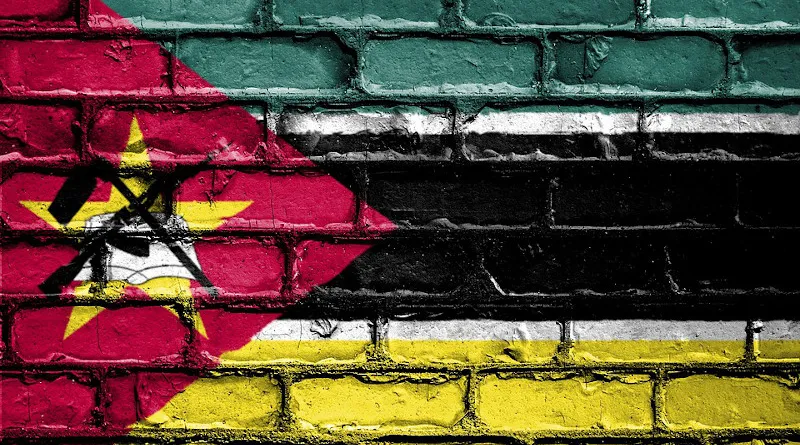The World Bank, one of the five international organizations that make leveraged loans to developing countries, has began this June the process of public consultations with a view to adopting a new Country Partnership Framework with Mozambique for the period 2023 to 2027.
The objective is to define a consensual programme that reflects the strategic vision of all social segments. It involves the Maputo office of the World Bank discussing at length and broadly with representatives of civil society, academia and unions in Mozambique.
After the process, Mozambique may receive US$4 billion from the World Bank for development projects in targetted priority sectors, among them, funds for strengthening of the health, education and women’s empowerment sectors. It focuses on development programmes aim at poverty reduction and job creation.
“The amount may still be increased, depending on the resources that can be made available by the International Development Association (IDA),” said Paulo Correa, the World Bank’s Program Leader for Mozambique.
Paulo Correa, however, pointed out that 75% of the approximately US$4 billion previously made available for development projects by the World Bank had not yet been used. The World Bank is the largest and best-known development bank in the world and an observer at the United Nations Development Group.
During the first quarter 2022, the International Monetary Fund (IMF) announced a set of new funded programmes for Mozambique, six years after the lender halted its previous deals in the wake of a financial scandal involving three fraudulent security-linked companies, and two banks – Credit Suisse and VTB of Russia, on the basis of illicit loan guarantees issued by the government under former President Armando Guebuza.
Popularly referred to as “Hidden Debts” scandal involving US$2.7 billion (€2.3 million), the financial scandal happened in 2013, and the case has since left an image of a corrupt country and brought high-level government official to testify as witnesses in the controversial judicial trial. It prompted 14 foreign donors, including IMF and World Bank, to cut off aid to Mozambique.
As the country is struggling to contain the frequent Islamic State-linked insurgency and rising kidnapping of top business people, the IMF has reached an agreement on a US$470 million facility lasting until 2025 and further plans to implement development programmes in Mozambique.
There are funds from European Union members and external organizations trickling into Mozambique these few years. With the long list of external countries and international organizations (time-consuming to list all here) active and concretely contributing to sustainable economic growth in Mozambique.
Norway is supporting with US$3.1 million to strengthen sexual and reproductive health (SRH) and gender-based violence. The Swedish government is cooperating with Mozambique in the areas of renewable energy and also offering access to financing through the Climate Fund.
The Mozambique government and the European Union (EU) are strengthening their commitment to provide economic growth to the northern province of Cabo Delgado. The United Nations Food and Agriculture Organization (FAO) provided seeds to 23,000 families displaced due to the armed conflict in Cabo Delgado.
The United States Agency for International Development (USAID), has renewed its partnership with to implement funding of US$1.5 billion to promote it termed a more peaceful, prosperous, and healthy Mozambique.
The French TotalEnergies, late January 2022, signed additional agreements that permit prompt resumption of natural gas project in Cabo Delgado, northern Mozambique. The construction of the gas liquefaction plant, extracted from the seabed (about 40 kilometers offshore) is the largest currently financed private investment in Africa.
The natural gas project was suspended in March 2021 after an armed attack that left the province devastated, about 3,100 deaths and more than 817,000 residents displaced.
Luísa Diogo, who served as prime minister between 2004 and 2010, and before that as minister of planning and finance from 1999 to 2005, explained that the return of foreign players and international donor organizations signals reaffirmation of trust and gives the country the possibility to resurface on international stage.
Mozambique is grappling with the impact of Covid-19 for last two years (2019 till 2022), and now suffering from the consequences of current Russia-Ukraine crisis that started February 24. The Russia-Ukraine crisis has shattered the global economy and has created instablilty. With an approximate population of 30 million, Mozambique is endowed with rich and extensive natural resources. It is a member of the Southern Africa Development Community (SADC) and the African Union.

